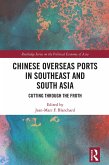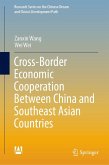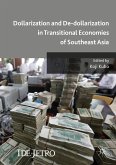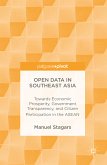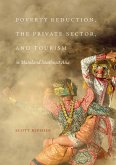The study of the Chinese merchants is of important and general significance for many reasons, as masterly demonstrated by this collected volume. Only recently did economists begin to appreciate the role of legal institutions in facilitating trade. Janet Landa has gone further to call our attention to the presence of social institutions, such as the ethnically homogeneous Chinese middleman group, mutual aid communities, social norms, trust, identity, and guanxi, to structure exchange relationships, without which trade and specialization would be severely impaired... In conducting her reserch on merchants, Landa also becomes a pioneer in engaging economic reserch with the rich scholarship in other social sciences and with evolutionary biology, and made them an integral part of her theoretical framework.
--Ronald Coase
Janet Landa is a pioneer in the application of transaction cost models to the study of ethnically-based economic networks. The present volume synthesizes a lifetime of work on Chinese middlemen. It combines the analytic methods
of economics with theoretically-driven ethnographic research. It shows how division of labor within ethnic communities, social capital based on trust relationships, a deeply embedded code of ethics, the potential for monitoring and sanctioning dishonesty, and ways to internally generate mutual trust, the foundation of social capital, can explain the success of ethnic middleman entrepreneurs.
--Bernard Grofman
[Janet Landa's] new book sparkles with interdisciplinary insight into a timeless question: How can we understand the functions, as well as the dysfunctions, of multiethnic societies that exhibit ethnically-based patterns of economic specialization, such as the ethnically Chinese traders in Southeast Asia? Landa draws on her decades of work to provide answers firmly grounded in the New Institutional Economics and its implications for the central role ethnically homogeneous middleman groups play in societies where government does not provide reliable protection of private property and enforcement of contracts.
--Beth Yarbrough
Dieser Download kann aus rechtlichen Gründen nur mit Rechnungsadresse in A, B, BG, CY, CZ, D, DK, EW, E, FIN, F, GR, HR, H, IRL, I, LT, L, LR, M, NL, PL, P, R, S, SLO, SK ausgeliefert werden.



